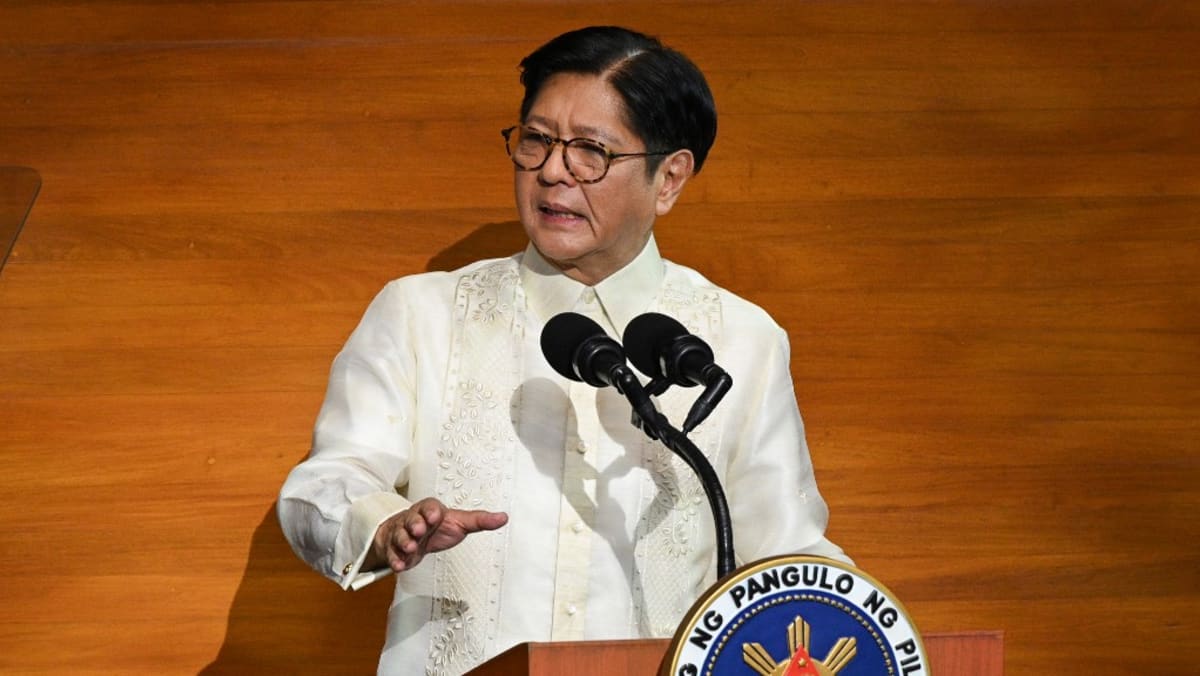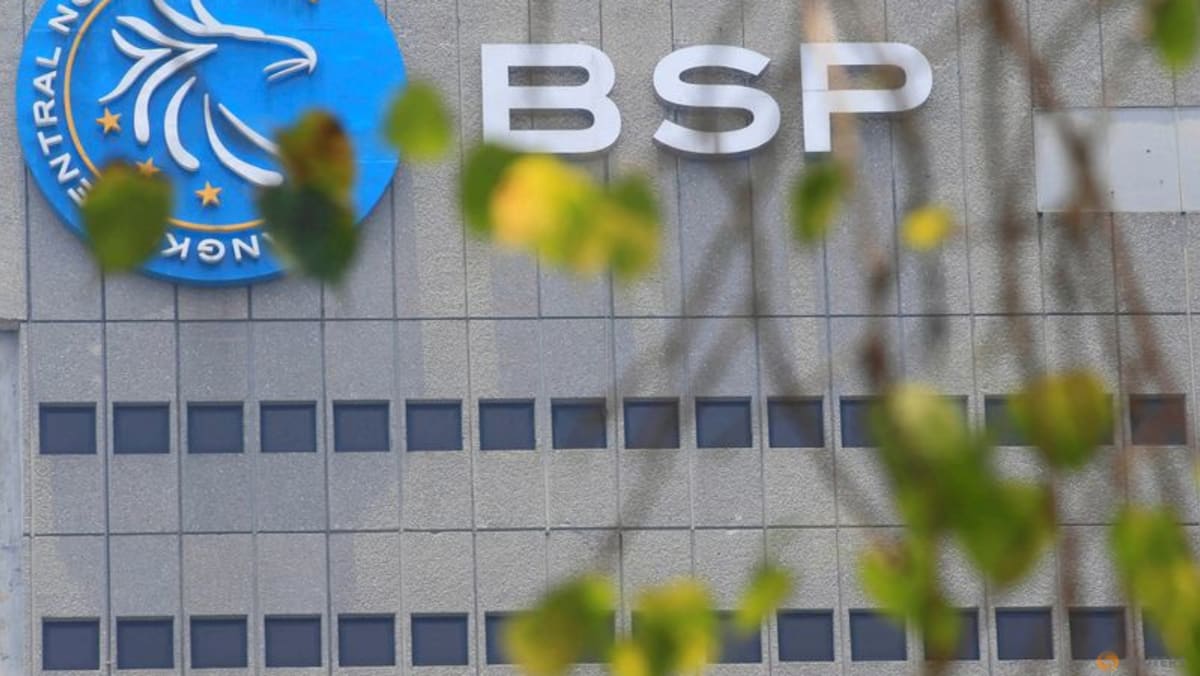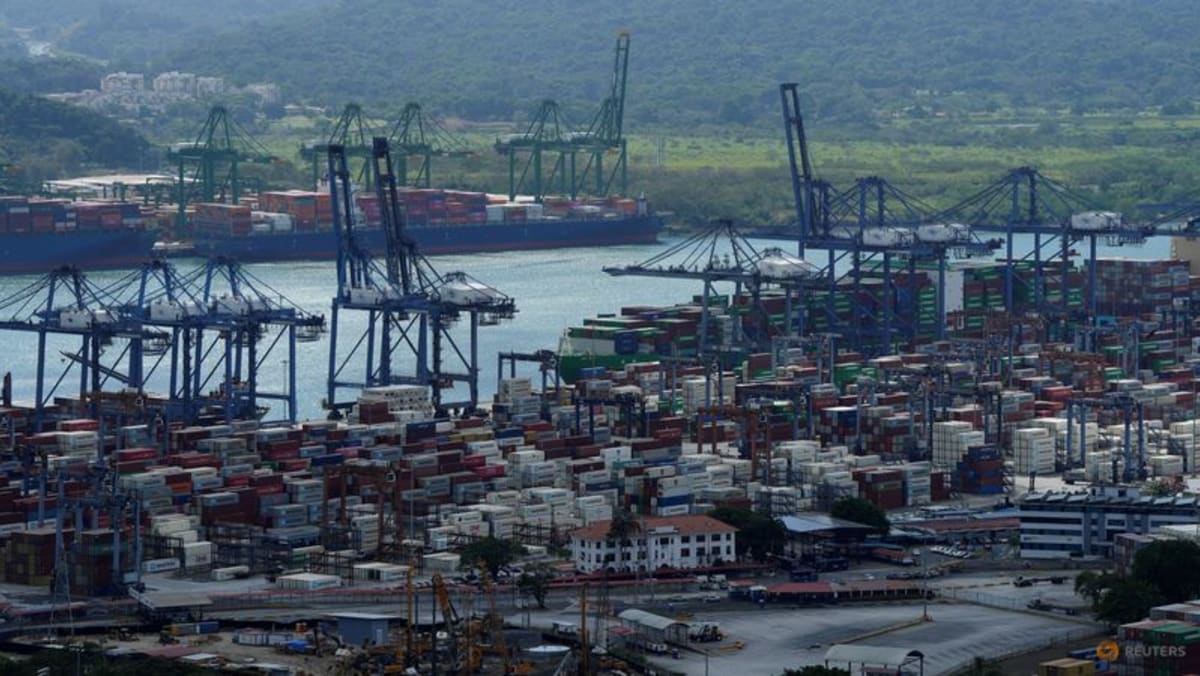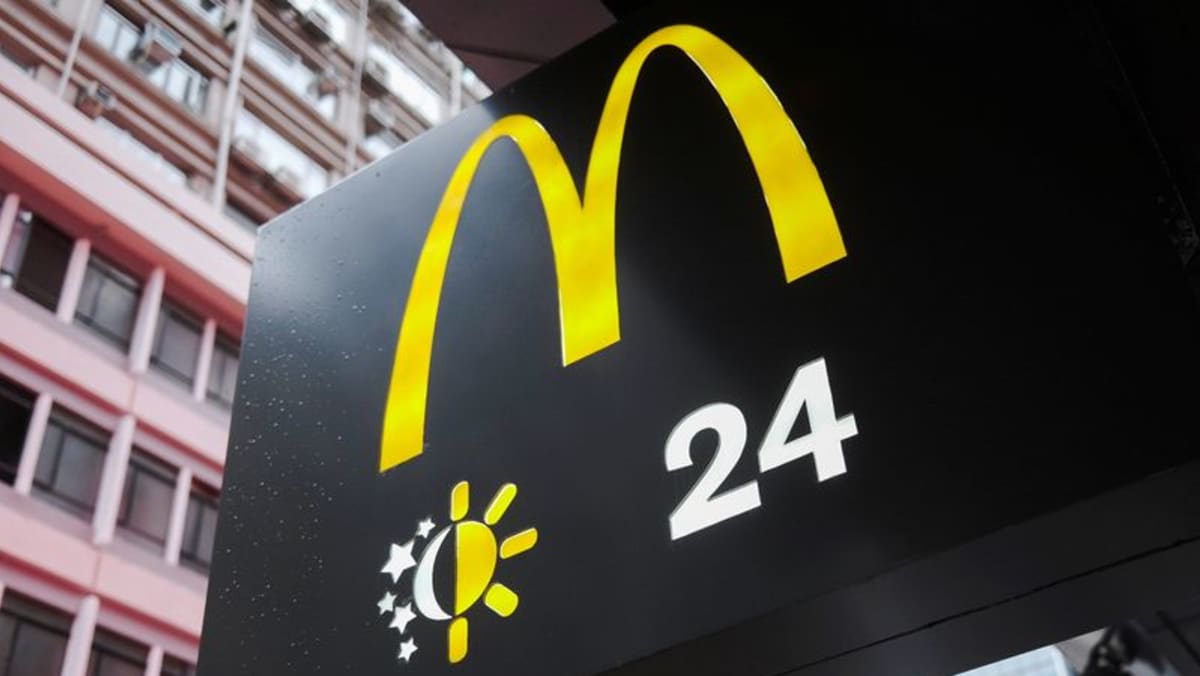MANILA :The Philippine central bank is committed to maintaining its easing bias and is on course to cut policy rates twice this year, its governor said on Monday, though the timing will depend on economic growth and inflation.
“We’re still on that same easing cycle,” Governor Eli Remolona told Reuters. “We’re doing baby steps. That’s a good sign, that means we’re on track.”
The Bangko Sentral ng Pilipinas (BSP) is closely monitoring economic indicators to guide its decisions, including whether to implement a rate cut at its upcoming August 28 policy meeting. He emphasised that weaker-than-expected growth and better-than-projected inflation would be key triggers for further easing.
“If the data on growth is worse than we thought, and inflation is better, that would be a good time for another rate cut,” Remolona said. “We have to look at the data twice, three times.”
In June, the central bank lowered its key rate by 25 basis points to 5.25 per cent, its lowest in two-and-a-half years, a second consecutive cut to support the economy.
Annual inflation has stayed below 2 per cent since March, and the central bank expects the pace of price increases to remain at that level, including in July. Inflation was 1.4 per cent in June.
The governor was optimistic growth in the second quarter would be better than the 5.4 per cent expansion in the first three months of the year.
The Philippines’ trade deal with the United States has reduced uncertainty, and that should bode well for growth, Remolona said.
Last week, U.S. President Donald Trump announced new import duties of 19 per cent for goods from the Philippines, slightly below the rate of 20 per cent he threatened earlier this month.
“Growth will not slow down as much as before, but there’s still residual uncertainty,” he said.
Still, there are risks that could cloud the country’s growth outlook, including tensions in the Middle East, especially surrounding oil prices and regional conflict, he said.
In shaping its decisions, the BSP also considers global monetary policy conditions, including the U.S. Federal Reserve’s outlook, though the governor said the Fed’s influence on BSP’s actions has waned in recent years.
“It will carry some weight, not a lot of weight, not as much as before,” he said, citing a more sophisticated market and the peso’s relative strength even without closely matching the Fed’s rate path.
Remolona also flagged threats to central bank independence as a significant concern, warning of long-term implications.
“Wherever the central bank loses its independence, regardless of fiscal policy, it leads to high inflation,” he said, adding central banks view what is happening in the United States with “concern”.
Despite external uncertainties, Remolona highlighted the Philippines’ solid domestic fundamentals, including ample reserves, stable remittances and slowing inflation.
“Domestically, we’re in very good shape,” he said.












